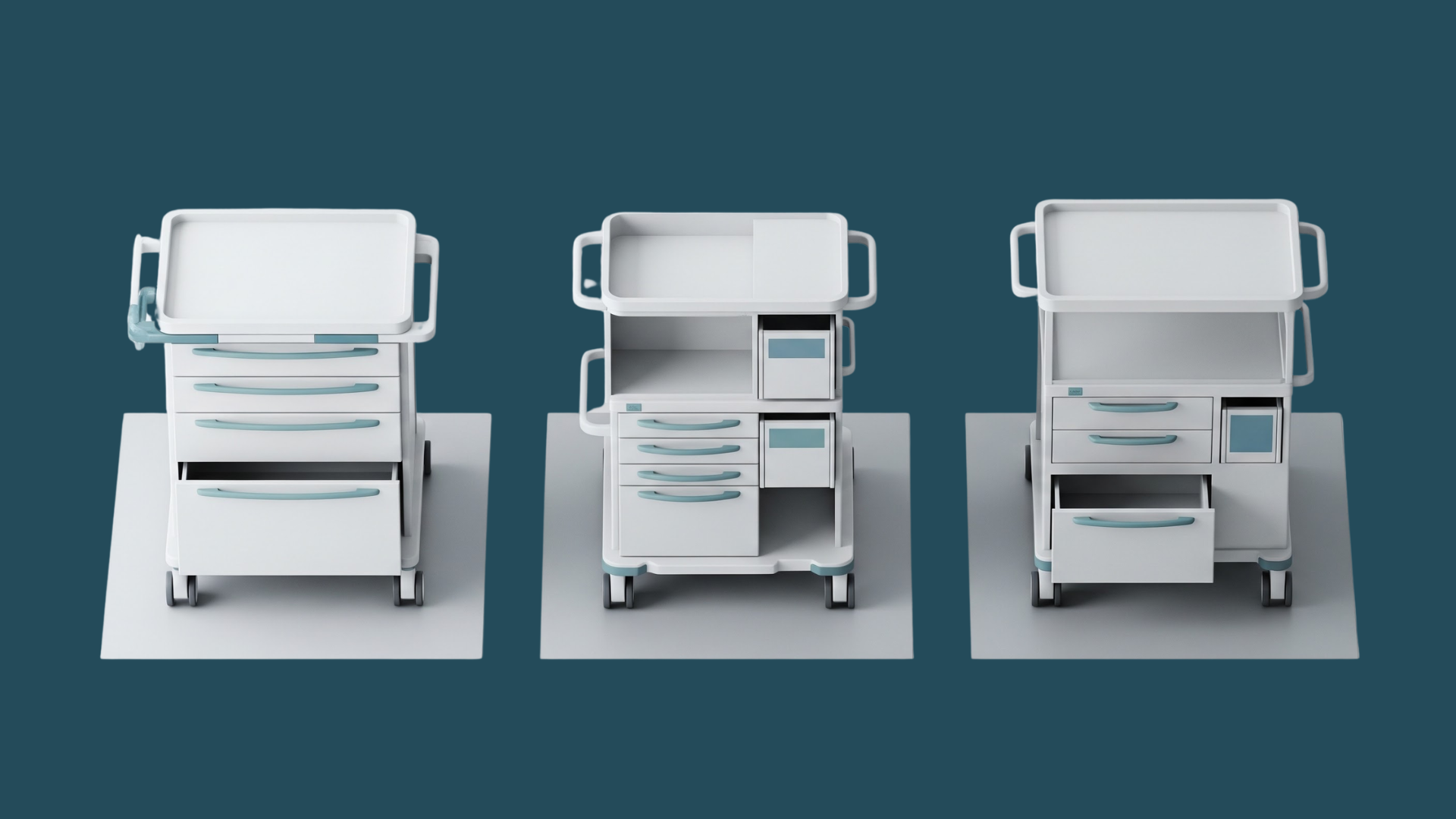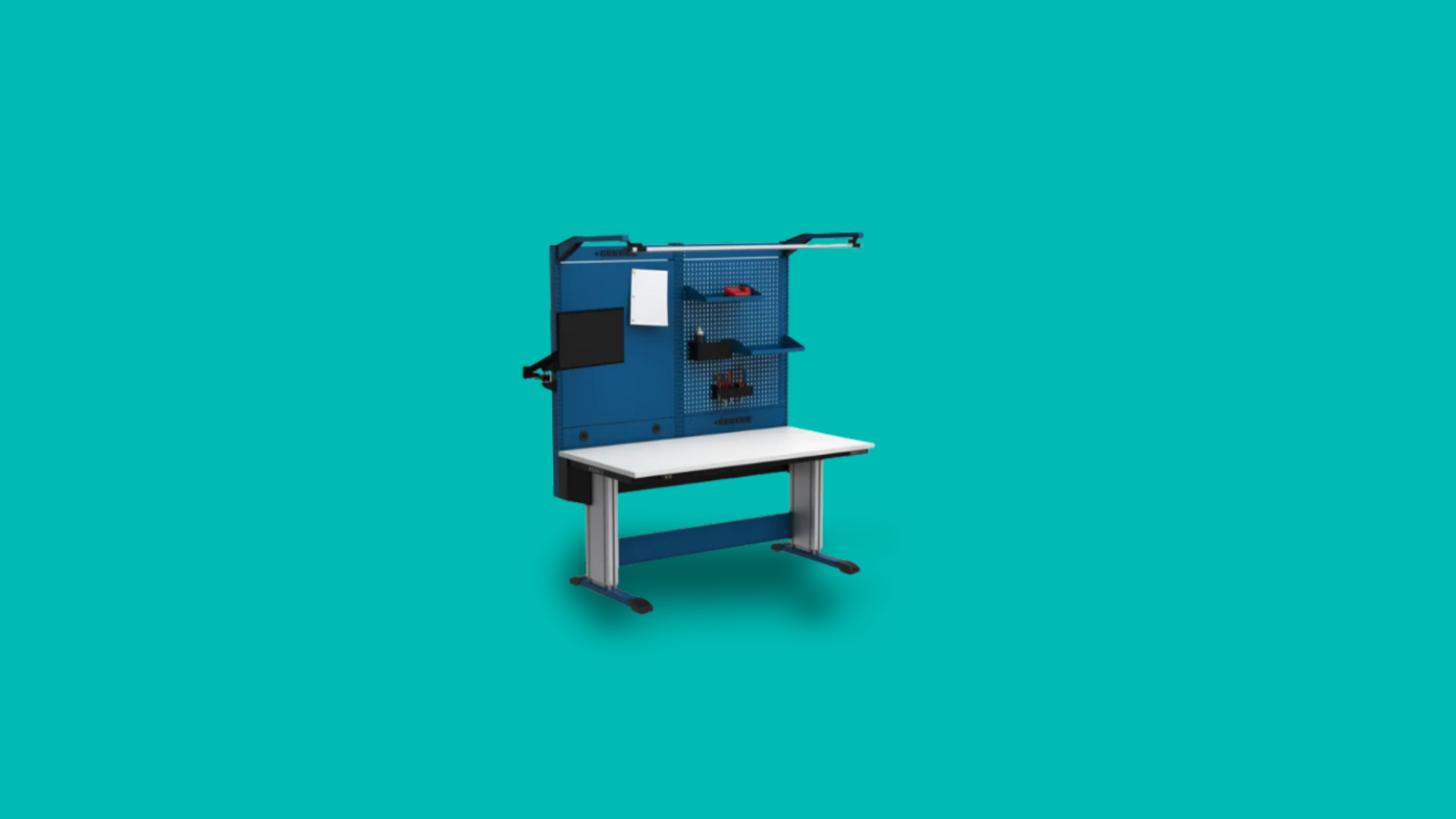Ok so we might be a bit biased, but we truly believe the importance of a healthcare facility supply room cannot be overstated. It’s the foundation of the flow of equipment, instruments, medicines, and many other items related to patient care and the drive for positive outcomes. You might liken a practice or clinic to a “supply chain,” with the supply room being the warehouse, and the chain continuing all the way to the point of care. Typically, you’ll find some combination of the following in a healthcare facility supply room:
- Blood collection (phlebotomy and venipuncture) supplies
- Drapes
- Gloves
- Lotions, creams, gels and lubricants
- Patient monitoring devices
- Wound dressings and sponges
- Other (varies by practice)
As a hospital, clinic, or related facility representative or administrator, you understand what inventory is required for patient care. However, you and the entire staff want your facility to operate as efficiently as possible, and optimize your supply room accordingly. It makes sense then that selecting the right storage equipment is hugely important. With an eye towards optimizing staff workflows, here’s a concise breakdown of what makes or breaks a supply room in this capacity.
What Every Healthcare Facility Supply Room Requires to Help Staff Better Optimize Workflow and Patient Care
Storage Units and EquipmentAt Forsyth we have a few guiding principles. One of our favourites is: it’s not about the total square footage of your storage areas; it’s about fitting the storage to the inventory properly and efficiently. Simply put, supplies must be where your team intuitively expects them to be, plain and simple. This is essential to workflow, and it helps those responsible for procurement better monitor inventory and ensure that items are replenished before they run out.
An overview of storage units and additional equipment required for your supply room are detailed by category below.
I. Shelving Units
Wire shelving units are essential to medical supply rooms, from dry storage to corrosion-resistant quality options. These include:
- Wire shelving units: good for larger supplies.
- Polymer shelving units: help prevent packaging tears and are great for when corrosion resistance is required.
- High-density shelving units: add capacity in a compact footprint.
- Supply basket shelving units: offer high capacity, visibility and access to supplies without the need for storage containers like plastic bins.
Supply carts in particular locations may also require custom covers. These covers provide added protection when leaving the supply room and when potentially “contaminated” individuals, such as delivery persons, enter the space.
II. Enclosed Storage
If you need to secure supplies from potential contamination while maintaining easy access to a flexible premium storage workstations, there are options that could apply to your facility:
- General supply cabinets
- Modular cabinets and casework
- Endoscopy cabinets (where applicable)
III. Overhead Cabinets
Wall cabinets can be beneficial when there is limited square footage and floor space. Built-in and easily-accessible cabinets that allow staff to store and access supplies, they are also ideal for over-counter storage applications. There are plenty of wall cabinet options to view here.
IV. Storage Containers and Dispensers
Small items need to be organized in storage containers and dispensers. Some great options. Options to consider for your healthcare space include the following:
V. Refrigeration and Freezer Units
Refrigeration units and freezers are required to protect the integrity of materials and medicines in research, laboratories, and pharmaceutical storage settings. While typically found within a laboratory, facilities may also require cooling and freezing units in their supply rooms. Premium options for each are found via the following links:
In addition, consider storage and dispenser solutions for personal protective equipment (PPE) and supplies. These can be customized to your PPEs and related items.
Managing medical supply rooms can be challenging due to limited storage space and budget constraints. Forsyth Healthcare is here to help you and your staff navigate these challenges with custom solutions that are unique to your facility. Contact us today for a consultation and experience the Forsyth difference.



